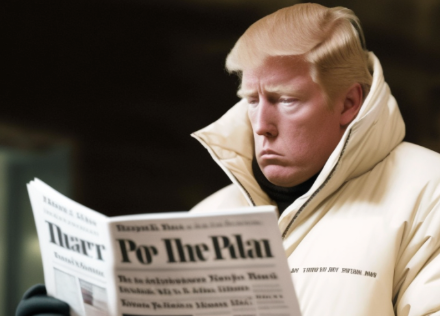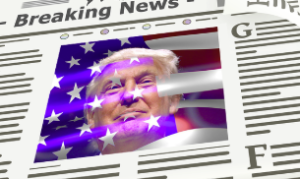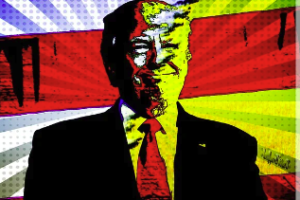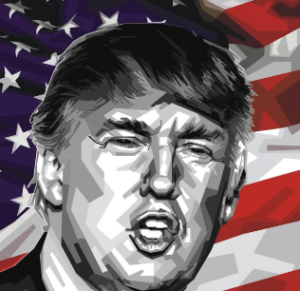$TSLA $DOGE $USD
#DonaldTrump #DOGE #GovernmentEfficiency #FederalBudget #CBO #Savings #ElonMusk #CryptoNews #PublicSpending #FinancialAnalysis #MarketImpact #EconomicPolicy
President-elect Donald Trump has unveiled an initiative aimed at creating the Department of Government Efficiency (DOGE), an entity designed to streamline federal operations and reduce wasteful spending. According to an analysis conducted by the Congressional Budget Office (CBO), the program has the potential to save between $50 billion and $100 billion annually if implemented effectively. Mario Georgiou, CFA, and executive director at InCred Global Wealth U.K., explained that while these figures sound promising at first glance, the initiative’s long-term impact on the overall U.S. economy could be marginal. Georgiou highlighted that federal expenditures exceed $6 trillion, meaning that even the most optimistic estimates would account for just 0.83%-1.66% in annual budget savings. As such, the initiative’s financial scope is tangible but unlikely to dramatically reshape public finances or national debt trajectories. Nonetheless, markets have taken notice due to the innovative branding of the effort, reigniting debates on fiscal accountability and efficiency.
Interestingly, Elon Musk has also added his voice to the conversation, leveraging his position as a tech billionaire and CEO of Tesla and SpaceX. Musk has called for an “aggressive public-private collaboration model” that he claims could optimize more than $500 billion in federal expenditures annually. While this claim is significantly more ambitious than Trump’s DOGE initiative, analysts note it hinges heavily on integrating advanced technologies like artificial intelligence and blockchain to tackle inefficiencies across governmental operations. DOGE has received curiosity from crypto communities, given the accidental overlap in naming with Dogecoin ($DOGE), which caused a mild uptick in the cryptocurrency’s trading volume following the announcement. However, experts urge caution as such coincidences are unlikely to inspire significant or sustained price reactions.
From the broader macroeconomic perspective, the initiative raises questions about political feasibility. While $50-$100 billion in potential annual savings may seem like a prudent step toward fiscal conservatism, implementing such cost-cutting measures often faces pushback in Washington, particularly if they threaten entrenched interests or popular programs. Financial analysts are already scrutinizing whether these projected gains can outweigh the potential implementation costs. For instance, creating an entirely new federal department, including staffing, legal compliance, and operational infrastructure, could introduce additional layers of bureaucracy that might offset the expected savings if inefficiencies are not rigorously addressed upfront. Bond market analysts also point out that marginal budget savings are unlikely to impact Treasury yields significantly, as investors remain focused on broader economic data like inflation and labor market metrics.
Meanwhile, the overlap between political initiatives and market reactions brings Tesla ($TSLA) into the limelight due to Musk’s involvement. While Tesla made no direct moves tied to the DOGE project, speculative sentiment has historically aligned Musk’s public comments with increased volatility in Tesla and other Musk-associated equities. Additionally, analysts suggest potential economic ripple effects from such announcements should not be underestimated. If Musk’s claims of optimizing $500 billion in federal expenditures through public-private initiatives gain credibility, markets tied to emerging technologies, including artificial intelligence and blockchain sectors, could see accelerated capital inflows. Whether this will translate into long-term gains or transient hype remains to be seen, but for now, the DOGE initiative has drawn attention to both fiscal policy innovation and market speculation.










Comments are closed.